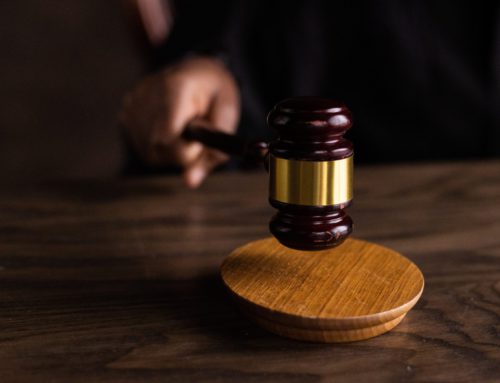Executor Bank Accounts – Everything you need to know
Executing a Will can be time consuming and stressful. Holding an executor bank account is a useful part of the end-of-life admin process. This article explains: What are executor bank accounts? Why is it helpful to open one? Where can you open an executor bank account and what documents do you need?
What is an executor?
An executor is the person named in a will to carry out the wishes of the will.
It can be an individual or a group of people. The responsibility of the executor begins on the date of death. It is their duty to protect the estate (assets and property left behind by the deceased person). The executor must understand the liabilities, assets and beneficiaries of the estate, and make sure they are paid respectively. It is the role of the executor to ensure that inheritance tax is paid.
What is an executor bank account?
An executor bank account is a special banking account in which the executor holds funds of the estate. It is where end-of-life expenses are paid from. It allows the executor to collect payments due to an estate (such as proceeds from the sale of the house of the deceased) before distributing them to the beneficiaries.
Why open an executor bank account?
It is not a legal requirement to open an executor bank account. There are reasons why it might be helpful:
- It makes the process of collecting and distributing the estate easier to manage
- It can reduce family conflict in the process of the fulfilling the will
- It helps the executor separate personal accounts from the funds in the estate
- It is useful for inheritance tax purposes
Which banks offer executor accounts?
There are many banks in the UK that offer executor accounts, including:
- HSBC
- Lloyds
- Barclay’s
- NatWest UK
The executor account does not need to be from the same bank as where the deceased person held their bank account. If the deceased person had several bank accounts that need to be closed, you can notify them all at once with Settld and we can help with preparing probate.
Find out more about our probate application service here.
Who can open an executor bank account?
To open an executor bank account, the personal representative must be:
- At least 18 years of age
- Named in the will as the executor
- Authorised to act jointly on behalf of the estate
What is needed to open an executor bank account?
To open the account, the executor must:
- Provide formal confirmation of death such as a death certificate
- Show proof of ID such as a Passport or Drivers Licence
- Show proof of address
- Have an original or verified copy of the Will, Letters of Administration or Grant of Probate See here for information on Grant of Probate and Letters of Administration)
It is best to check with your bank to see if they have specific requirements.
Do you need a Grant of Probate to open an executor bank account?
You do not need a Grant of Probate in order to open an executor bank account. What is needed is proof that you are the rightful executor of the will. This can be in the form of an original or verified copy of the will, Grant of Probate or Letters of Administration
Managing the accounts of someone who has died is confusing and frustrating. A never-ending to-do list. Settld is a service trusted by thousands of people experiencing bereavement to ease the anxiety and burden of end-of-life admin. Our 15-minute self-service form has saved our users an average of 30 hours. Taking the pressure off you, so you can focus on what really matters.





